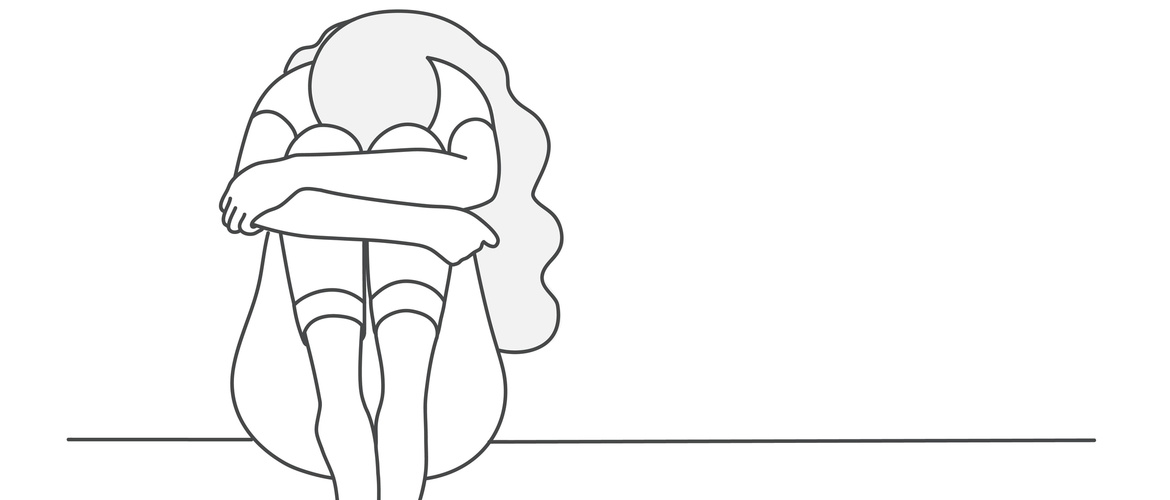
Choose a channel
Check out the different Progress in Mind content channels.

Progress in Mind

Even if melancholic features represent more severe depression, clinicians seem to have developed augmentation and combination strategies to treat this common subtype of disease.
Important insights into the melancholic subtype of major depression (as characterized by DSM criteria1) are revealed by a new pan-European study conducted by the long-established European Group for the Study of Resistant Depression and reported at CINP 2021 Virtual by Lucie Bartova (Medical University of Vienna, Austria).
The cross-sectional survey of 1410 patients, with retrospective assessment of treatment response, shows that melancholic depression is:
Treatment outcome was similar for melancholic and non-melancholic patients
Adjunctive treatment used in 39%
People with melancholic depression were more likely than those with non-melancholic features to have received adjunctive therapy (39% vs 14%). Thirty-three percent had had an adjunctive antipsychotic, compared with only 14% of non-melancholic patients.
The difference in use of adjunctive medication in melancholic patients was greatest for benzodiazepines (40% vs 22%) and least for mood stabilizers (13% vs 9%).
Dr Bartova was inclined to view the greater use of augmentation or combination strategies in melancholic patients as related to their more severe condition. If so, the strategy seems to work since outcomes in melancholic and non-melancholic patients were very similar.
Outcomes in melancholic and non-melancholic patients were very similar
Response rates almost identical
Response was judged to have occurred in 25% of the melancholic subtype and 24% of non-melancholic patients. Around 40% of both groups were regarded as treatment resistant.
Melancholic features represent a subtype of MDD characterized by features such as anhedonia and emotional blunting, agitation or retardation, guilt, early waking and weight gain, 1 and the subtype is commonly thought of as biologically determined. But much remained to be known about its prevalence in real world populations and its responsiveness to therapy.
Previous studies2-4 had suggested that melancholic MDD, when compared with non-melancholic patients, is less likely to respond to SSRIs, more likely to respond to ECT, and less likely to respond to psychotherapy. Treatment response in general is faster, and the placebo response in clinical trials is relatively low.
Our correspondent’s highlights from the symposium are meant as a fair representation of the scientific content presented. The views and opinions expressed on this page do not necessarily reflect those of Lundbeck.
1. APA 2013 Diagnostic and Statistical Manual of Mental Disorders
2. Rush AJ. Clin Psychiatry 2007; 68 Suppl 8:4-10
3. Musil R et al. Int J Methods Psychiatric Research 2018; Mar;27(1):e1569
4. Lin CH et al. Psychiatry Res 2016; 238:368-373